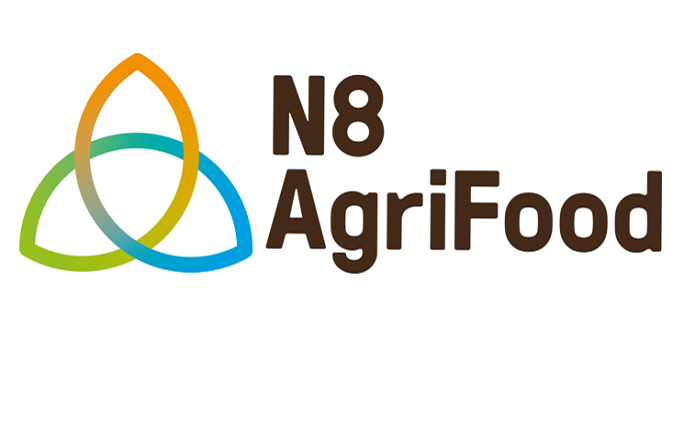Management School research team secure N8 grant

Academics from the Management School have been successful in securing a grant for their research project around International Agribusiness Supply Chains and BREXIT.
The research team includes Dr Jorge Hernandez, Professor Andy Lyons and Dr Paul Drake, all from the University of Liverpool Management School as well as Professor Martin Mortimer from the University of Liverpool’s integrative Biology Unit and Dr Manish Shukla from Durham University Business School.
The project has been awarded a £10,000 Pump Priming grant by the N8 project following their recent bid. N8 offer competitive grants to research studies that either investigate new approaches or studies that extend the scope of existing research for wider application. The team were successful against research projects in the field of Biological Science, Medicine and Physiology.
The research looks at the use of computer-based simulation to model, simulate and optimise Agri-Food supply chains reliance once facing uncertainties in international regulations. The project will consider the status of current Agri-Food supply chains in the context of local and international policy requirements, stakeholder responses following Brexit and the challenges this presents to the industry as well as exploring the opportunities and constraints that this may bring.
As well as an academic team, the project involves industry stakeholders from a number of European counties. This includes farmer associations from Cornwall plus food-logistic organisations in the wider UK and Agri-Food associations in Spain.
The research hopes to reveal the key factors affecting Agri-Food Stakeholders decision-making once they deal with uncertainties in regulations, especially in regards to the international trade of commodities in Agri-Food supply chains under BREXIT circumstances, which is unknown in the current climate.
Dr Jorge Hernandez commented: “This N8 Pump-Priming grant is a great opportunity for our group and for the school, since it gives us the chance to get involved in international and multi-disciplinary research work with competitive teams (University of Liverpool Integrative Biology Institute and Durham University Business School). It is an opportunity to produce collaborative work to manage food supply chains by tackling real-life problems, especially the unknown BREXIT effect. Agri-Food stake holders are expecting some answers and we are keen to deliver them, thus to generating high-impact results.